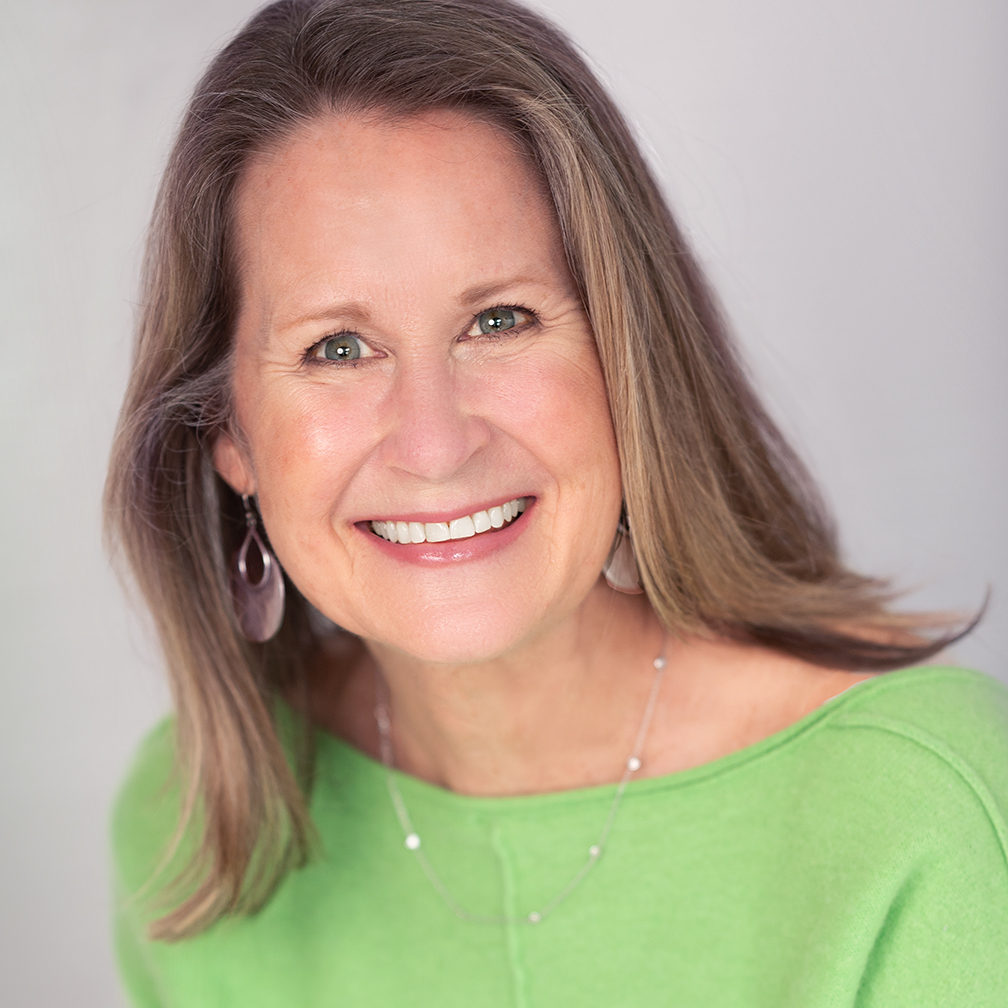The world is changing fast. It simply isn’t possible to know all the things anymore. There is too much. One response to all this change might be to shut down from the overwhelm and cling to the ways of the past. And indeed, you can always take the path of the known and familiar. But what you’ll find is repetition, redundancy and, potentially, boredom. That doesn’t sound like fun, does it?
Another option is to cultivate the art of being curious. Curiosity is about having a strong desire to learn or know something. It’s why a four-year old asks so many questions. “Why is the sky blue?” “Why do bubbles pop?” “Are there more leaves or blades of grass in the world?” “Since your eyes are blue, does that mean you see everything in blue?”
Curiosity comes naturally to us as children, but it often fades as we get older. The good news is that you can become more curious, no matter what your age. It’s not hard, but it might require a shift in your perspective — a willingness to play a bit more, to open up and ask good questions.
If you want to become more curious, here are some ideas to get you started:
Let go of your tidy plans.
So called “Type A” people often have a plan. They know what’s going to happen next, because they have a calendar, a schedule and the discipline to stick to it. This is often a superpower. But this way of living and working leaves no room for the unknown, unplanned and spontaneous to occur. There’s no space for healthy mind wandering, for following the river as it flows, so to speak.
In order to become more curious, you have to abandon your tidy plans. Try it out on a Saturday when the stakes are lower, when not so many people are depending on you to make something happen. Have no plan. No schedule. If possible, let go of time. Leave your smart watch on the charger. Follow your heart and your body. Rest when you are tired and eat when you are hungry, no matter what time it is. Be curious about what you need, moment to moment. Listen to your own rhythms and tides as they rise and fall.
Dabble.
You don’t have to be great or even good at everything. Curiosity is about learning and experimenting and failing and learning some more.
In the midst of the pandemic, I, like many others, got the homemade sourdough bug. I had never before made a loaf of sourdough bread. But I love to bake and love even more the smell of bread baking in the oven. So, I began to dabble. I didn’t expect myself to be good at it, which is a good thing, because I was really, really bad at it. The first few loaves I turned out — as hard and heavy as bricks — could have knocked the lights out of someone.
But I dabbled with learning. I read sourdough blogs and tips and questions online. I talked to people who knew more than I did about working with sourdough. And little by little, my sourdough loaves started turning out. I had dabbled enough to know what not to do and that made all the difference.
Ask good questions.
To do this, you have to know the difference between a bad question and a good one. Bad questions often have “yes,” “no” or brief responses: Did you unload the dishwasher? Why did you do that? Where are you going?
Better questions make people think. They are designed for this. A good question often begins with “what” or “how”: What are some ideas you have to fix this problem? How might we think bigger about it? What is the most important thing you and I should be talking about right now? How do you experience what’s happening in our family right now?
Good questions are my lifeblood as a coach. I ask a lot of them and then I listen and listen and listen. I have had the privilege of participating in the most profound conversations in my work and career, and this has translated to my family and personal life as well. We have great conversations around the dinner table.
The other night, my daughter’s partner asked me a good question: “What grade would you give your kids for their growing up time?” My two grown kids were sitting right there, listening. It was a brilliant question that I had never considered. They were curious about my response, and I became curious about theirs. I asked each of them to answer it first.
In the hour-long conversation that unfolded, I had the honor of hearing what my children were both holding onto about their childhoods. The hurts they thought they had caused me and the regret they had about how they were. I had no idea. They gave themselves both a “C.” These two smart and kind humans were being so hard on themselves.
Then it was my turn to answer the question. I felt moved as I answered, my throat heavy with emotion, my heart wide open. I gave them both an “A,” for different reasons. From my perspective, they had dealt with the difficulties of their growing up time as heroes. Somehow, they had chosen life and happiness when it would have been just as easy to stay bitter and resentful. To me they are the reason I believe in transformation. Because they overcame their circumstances and environment and went on to lead happy lives. I could not be prouder of who they have each become.
One curious question began a conversation that would change us all that night.
If you want to become a more curious person, get going! Let go of your tidy plans, dabble a bit more, make space and ask more questions. This will lead you to a fulfilling life, though not in the ways you had planned.


